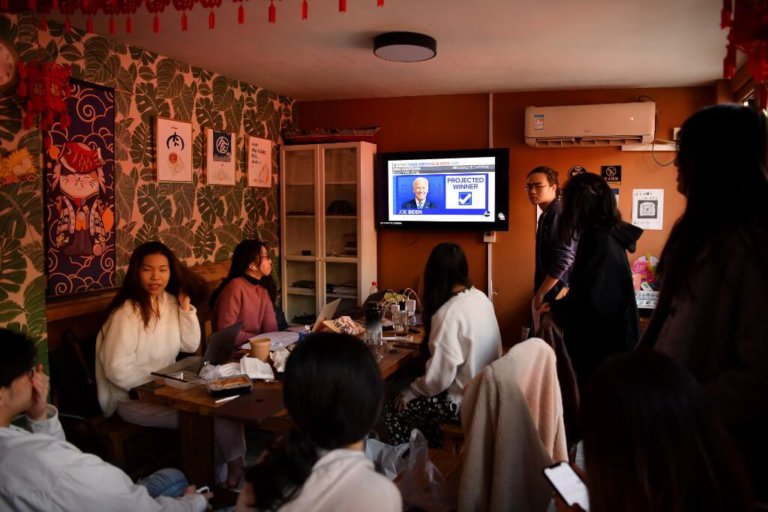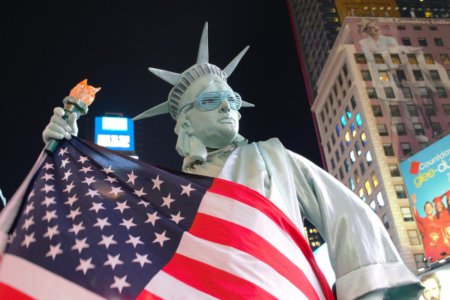
The US has granted a total of 808 F-1 visas to students in mainland China between April and September 2020, according to data from the US State Department. This number was brought to light in a new Nikkei Asia report, which outlines the factors behind a 99% drop in US visa for Chinese students year-on-year, compared to the 90,410 F-1 student visas granted in the same period last year. The report on this US student visa decline follows news that the Trump administration will revamp rules for international students in the US, including imposing a time limit for their stay in the country.
Besides China, US visa for students in other major source countries is also on the downtrend, including India (88% drop), Japan (87% drop), South Korea (75% drop), and Mexico (60% drop). Nevertheless, the decline for US student visas was the steepest in China. Nikkei’s report says that these immigration complications are driving Chinese students to other study hubs such as Australia and Canada.
What’s behind the US student visa decline?
On top of stricter screening measures in Washington, the COVID-19 pandemic has greatly limited international student mobility into the US. The Trump administration has also accused Chinese students of stealing “American technology, intellectual property and research,” revoking over 1,000 student visas in September on the grounds of Chinese military ties.
These have contributed to a hostile environment for Chinese students in the US, who have had to keep up with increased bureaucracy and difficulty in obtaining study or work visas. A recent survey by the Washington State University notes increased reports of racial discrimination since the pandemic began.
A Biden win could reverse trends
The outcome of the 2020 US presidential elections may hold sway over the country’s immigration policies towards international students. Joe Biden has pledged to end a ban on travellers from certain majority-Muslim countries entering the US. He also has the power to revoke recent proposals to limit international student visas and to narrow the eligibility requirements for H-1B visas.
“Should Biden win the election, that change alone would instil tremendous hope for internationals, both current and prospective students from abroad,” Jenny Lee, an educational policy studies professor at the University of Arizona told Education Dive. “It would be especially important to not only reverse Trump’s xenophobic policies but also combat the damaging rhetoric that has been used against internationals for so long.”










